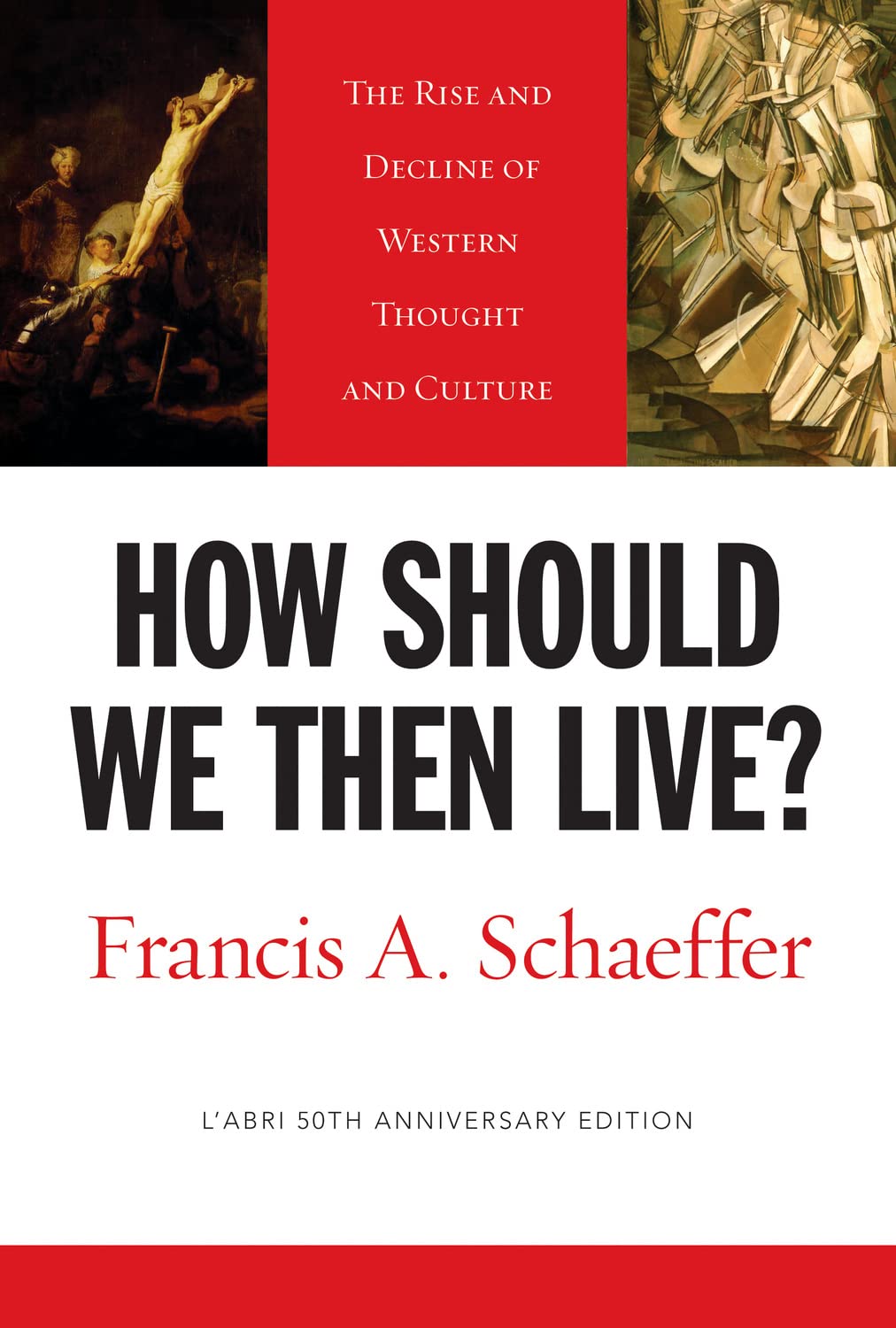A Brief Book Summary from Books At a Glance
by Steve West
Table of Contents
1 Ancient Rome
2 The Middle Ages
3 The Renaissance
4 The Reformation
5 The Reformation – Continued
6 The Enlightenment
7 The Rise of Modern Science
8 The Breakdown in Philosophy and Science
9 Modern Philosophy and Modern Theology
10 Modern Art, Music, Literature, and Films
11 Our Society
12 Manipulation and the New Elite
13 The Alternatives
Special Note
Summary
Chapter 1: Ancient Rome
People think and reason on the basis of presuppositions about the truth of what exists; their interaction with the world depends on their conceptual worldview. To understand our culture, we need to follow the developing lines of philosophic, scientific, and religious thought. Greece and Rome found that their gods were insufficient for holding society together, so in Rome, the emperors began to rule as deities. In contrast, Christians located meaning and human dignity in the personal God and Christ Jesus, who had given revelation to the world. Rome persecuted Christians because Christians worshiped Christ exclusively (it would have been acceptable if they worshiped Christ in addition to the emperor and other gods). Rome also persecuted Christians because a totalitarian government cannot accept any who claim that there is something above the state which stands in judgment on it. Rome eventually collapsed into apathy and decadence: it fell because of internal decay based on their inadequate worldview foundation.
Chapter 2: The Middle Ages
In the Middle Ages, the authority of the plain teaching of the New Testament was eroded as more and more authority was grounded in the church itself. After Constantine, new thinking needed to be devoted to the relationship between church and state, and the interaction between the laws of the government and the Law of God. Theologians had to wrestle with the relationship between God’s revealed truth and the writings of pagan philosophers. The Middle Ages was a time of extremes, with the church growing in incredible material wealth while monastic and mendicant orders adopted extreme poverty. The importance of Christian baptism was debated and a theology of baptism developed to the point where the sacrament had enormous significance both ecclesiastically and in society as a whole. Government was limited and people were expected to exercise personal responsibility, but at the same time, monarchy took root in the church hierarchy, with the pope in Rome eventually administering authority over all. The role of church councils—which had once been of the utmost importance in the Middle Ages—died away in light of the authority exercised by the pope in the next era of history. . . .
[To continue reading this summary, please see below....]The remainder of this article is premium content. Become a member to continue reading.
Already have an account? Sign In
